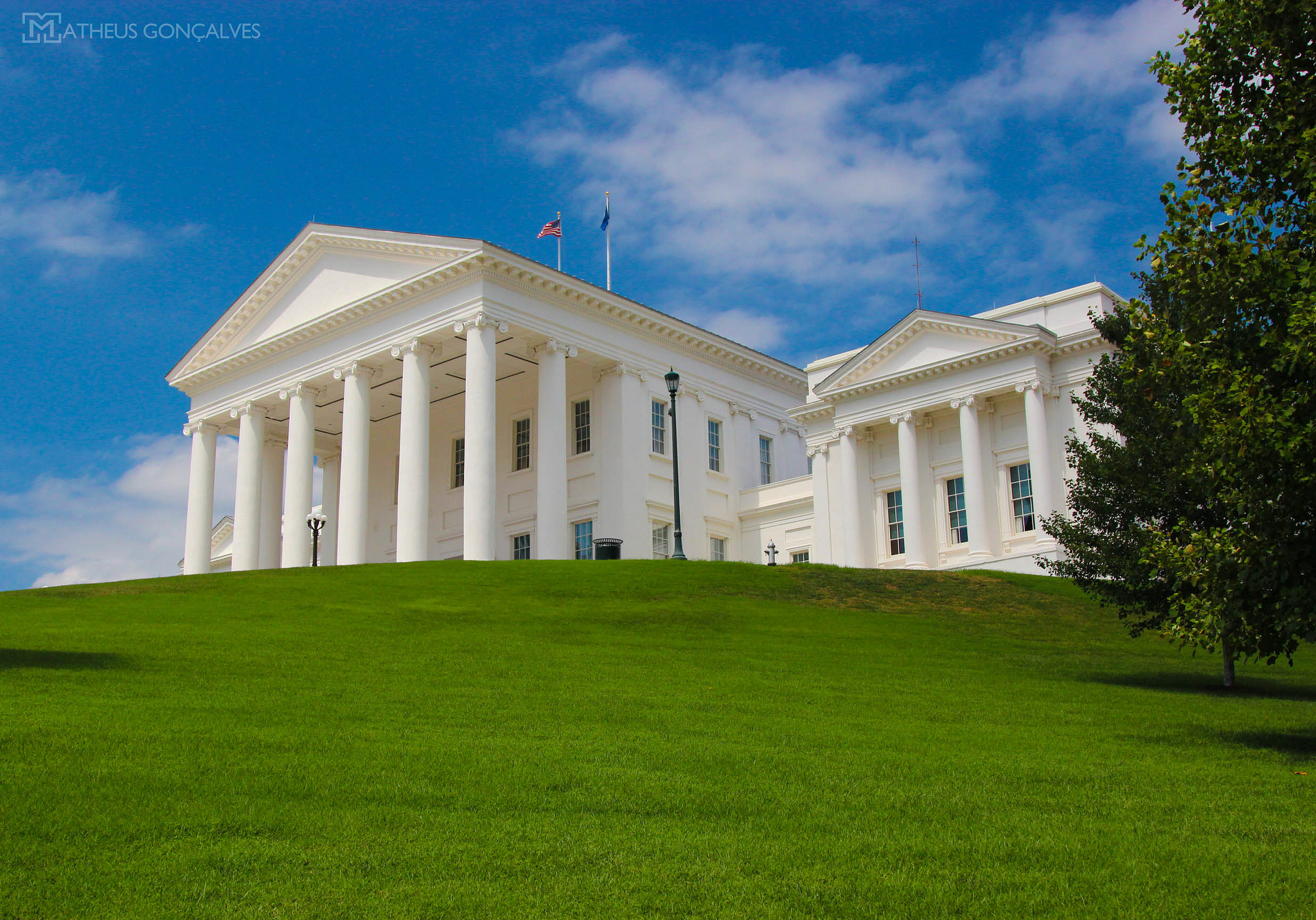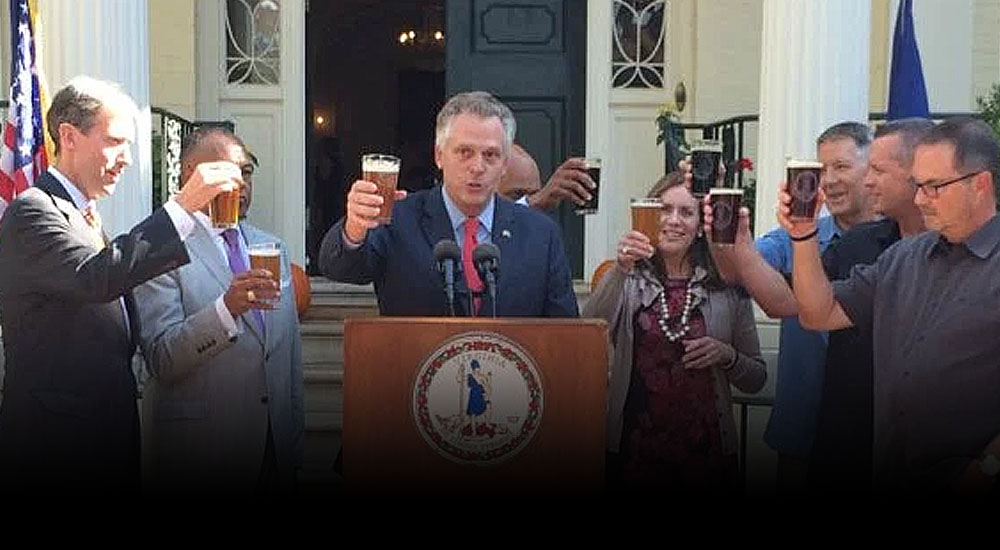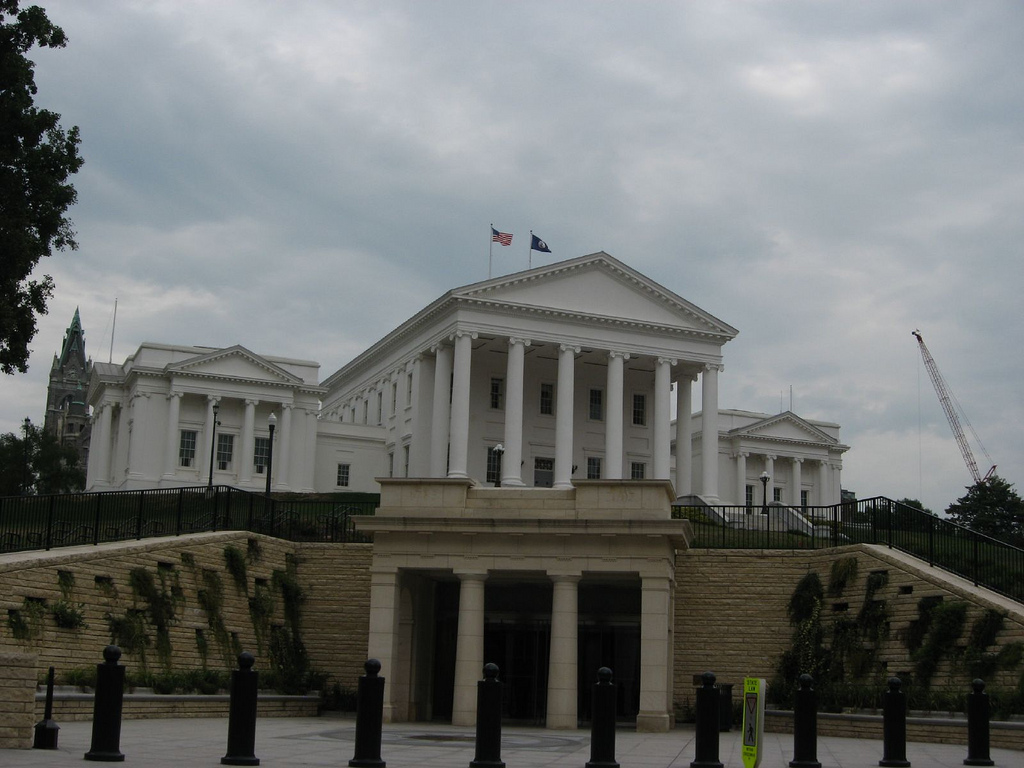When Senator Mark Peake (R-Lynchburg) first ran for office in 2015, he said Virginia needed more lawmakers focused on solving problems with common sense. This session, he’s fighting for a bill which he says does exactly that.
Peake introduced SB1038 to require voter registrars throughout Virginia to electronically verify the name, date of birth, and social security number of each voter against existing federal databases to confirm that every registered voter is a citizen of Virginia and the United States.
Calling it a “very simple bill” and “very common sense”, Peake urged the committee to pass the measure, which he said would strengthen election integrity in Virginia and help fight voter fraud.
“I just kind of would like to make sure that people who are registered to vote in Virginia are actually Virginia citizens and the people they say they are,” he said.
Peake noted his legislation would cost less than a million dollars, contrasting the fiscal impact of the bill with the much larger sums of money spent every year on campaigns in Virginia.
“We’re talking about less than a million dollars to make sure that people who register to vote in the Commonwealth of Virginia are actually citizens of the Commonwealth of Virginia and are actually the people they say they are. That’s my bill,” Peake added, following a short presentation.
On Wednesday, Peake’s bill advanced out of the Senate’s Finance Committee, following an earlier favorable recommendation by the committee on Privileges and Elections, which handles election-related legislation. The legislation advanced out of Finance on a party line vote, with all Republicans in favor and all Democrats opposed, after passing out of Privileges and Elections with bipartisan support, when Senator Lionel Spruill (D-Chesapeake) broke ranks with his party to support the bill.
During Wednesday’s hearing, no representatives from the Department of Elections came to speak for or against the bill.
Following a short presentation, the committee, with Peake’s blessing, adopted an amendment giving registrars until 2021 to implement the legislation. This amendment, observers said, was necessary to give localities time to implement the electronic verification in their computer systems, as well as move the bill’s modest implementation cost beyond the current budget cycle, a move intended to put the law on the books and protect its passage against the possibility of becoming caught up in a larger budget dispute over Governor Northam’s proposal to increase spending and taxes this year.
While Northam has not indicated whether he would sign the legislation, the governor has shown disdain for other election integrity measures, calling for a repeal of Virginia’s voter ID law in his annual State of the Commonwealth address, in which he also called for higher spending, sweeping gun control, and creating a “fundamental right” to abortion, including late term abortions in the third trimester.
Northam’s opposition comes in spite of public polling showing voter ID measures to be very popular. According to Gallup, four in five Americans support voter ID laws.
Peake’s bill will now be heard by the full Senate, which favored the measure last year. If passed, it would need to gain approval in the House of Delegates before heading to the governor’s desk.










